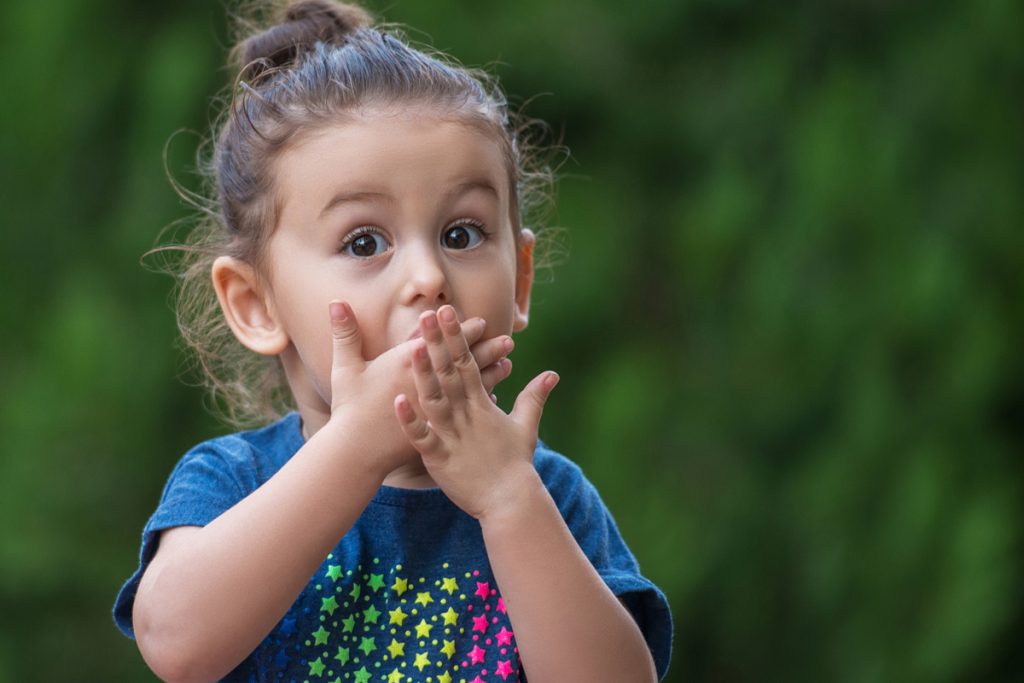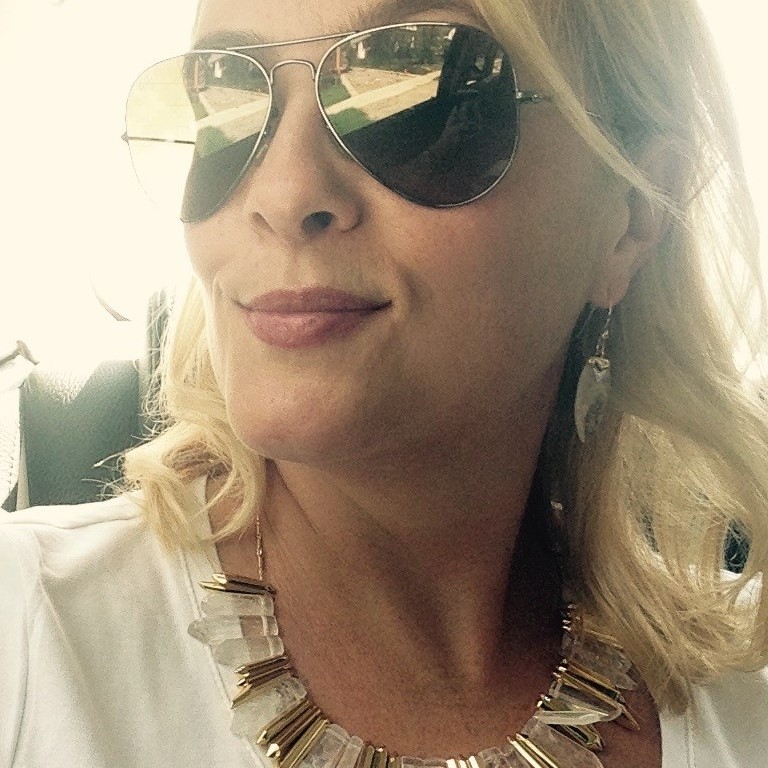How Loosening the Rules on Your Kid’s Swearing Can Be Good for Everyone

Testing out forbidden words is a normal part of growing up. At eight and 11, my kids are trying to figure out who they are, which means experimenting and pushing limits. Swearing to impress friends and shock parents is nothing new, but our reactions help determine whether or not this new habit sticks.
When they were little, parenting was about simply keeping the kids alive. Don’t let them wander into the street, drink bleach or leave them alone in the bathtub. Parenting was exhausting but relatively simple. Now that they’re older and able to survive without me, the more complicated teaching is well underway: values, social graces, kindness, resilience, courage, humility … that shit’s exhausting.
In my house, swearing falls into the same category as anything said with the intention of hurting someone else. “We don’t talk like that in this family” is a familiar refrain, whether someone (who shall remain nameless) calls the dog a shit head for chewing her stilettos, or someone else is rude to her sister.
Swearing, rudeness and nastiness are considered violations of our “house rules” (but if your insult is particularly well-played, I will execute a hearty fist pump when you’re not looking).
Modelling responsible behaviour means we don’t text while driving, scream at parking enforcement officers or eat candy for breakfast. As a frequent cusser, I try not to swear in front of my kids but sometimes it slips out, especially when I’m really upset or frustrated. And, according to recent research, maybe it’s not all that bad.
A few years ago, I got my nose pierced. I did it entirely for myself, but it’s had the delightful, yet unintended, consequence of making body art completely uninteresting to my children. But swearing is different in that frequency leads to normalization: monkeys see and monkeys do. Hearing bad words from tiny mouths doesn’t make me cringe any more than a nasty or smart-mouthed comeback, but I still don’t like it and I need to prepare my kids for the reactions they might get when swearing.
By explaining my rationale and not freaking out, incidents of bad language can become teachable moments in that it can help kids understand the consequences of their choices. Mommy swears because she doesn’t give a good God damn about offending anyone else, and she’s old enough to understand the implications of that choice. You’re not quite there yet.
Here’s what I tell my kids:
If you choose to use those words, some people will get upset. If you swear at school, you’re going to get in trouble. If you swear at someone, you’re probably going to upset them. If you swear in front of some tight-ass who’s deeply offended by bad language, I’m probably going to get a call and then you’ll really be in the shit.
Your actions and your words represent you. These are known as bad words, words that are inappropriate for kids to say. If you use them people might think differently about you. How will you feel if you’re known as the kid who told the grade ones to “get off the fucking slide”? It’s your choice but for God’s sake think about your brand.
It’s important to be considerate of others, and trust what I say about time and place. I hope you choose not to use these words, even with your friends. And I REALLY hope you choose not to use them at Grandma’s dinner table, at school or on the soccer pitch. Mommy appreciates a well-placed cuss word as much as the next girl but until you learn to swear appropriately, maybe consider shutting the hell up.
There are swear words and there are “bad” words. There won’t be a test so don’t get hung up on the difference. For now, suffice it to say these are a level above “stupid”, “dumb” and other words you were forbidden to say in Kindergarten. “Fuck” is a swear word and “dick” is a bad word (depending on context, but we’ll get to that when you’re a teenager). “Dumbass” is confusing because it’s a combination of both. To avoid embarrassing mistakes, just steer clear of them all for now.
People who use profanity are proven to have higher-than-average intelligence. Okay, “proven” might be a stretch but don’t believe anyone who tells you swearing belies a poor vocabulary. And especially don’t believe anyone who says “ladies shouldn’t swear” or that swearing is unattractive in a woman. I mean fuck that, right? You do you (when you’re old enough).
Heavy-handed parenting isn’t my style and I believe kids will do what kids will do, especially when the parents aren’t around. My inclination, therefore, is to give them the tools to make their own decisions and, with a little guidance and reminding, hope for the best.
I also don’t want things being done in secret, especially as they get older so I’m trying to remove the allure of bad words without driving their usage underground where I can’t provide the proper context and coaching. Swearing is hardly a gateway to sex and drugs, but it does feel like a good way to get my kids to talk to me about what they’re doing so we can debate our respective points of view before they tell me to fuck off.












